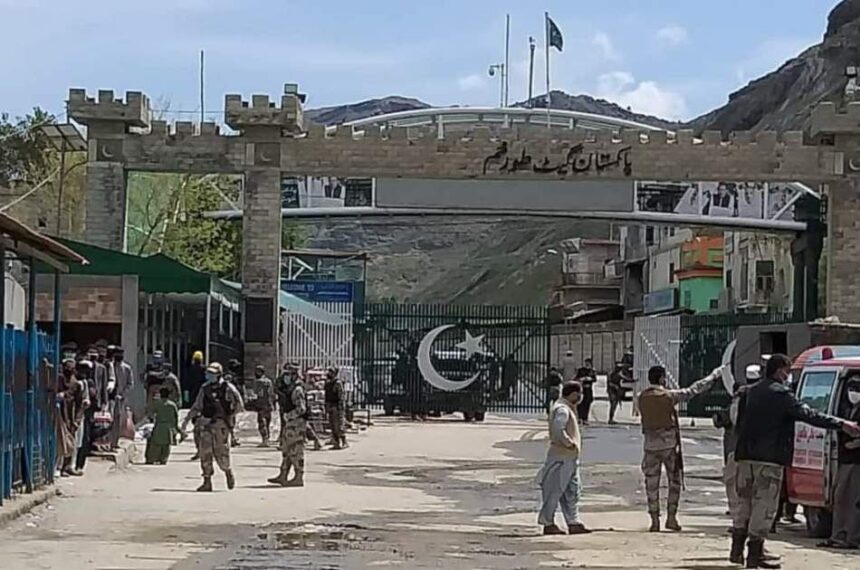RASC News Agency: The second round of negotiations between tribal elders and business leaders from both sides of the Torkham border, scheduled for Wednesday, has been abruptly canceled due to concerns over a significant increase in the number of Pakistani participants. According to Haji Gul Murad Arab, a key delegate, the meeting was originally intended to include 26 tribal and business representatives from Pakistan. However, in a last-minute development, the Pakistani side unexpectedly expanded its delegation to 60 participants, prompting the Afghanistani representatives to withdraw from the talks in protest.
Haji Gul Murad Arab emphasized that the Afghanistani delegation had clearly stated its willingness to negotiate solely with traders and tribal elders, refusing to engage with government officials or private individuals. Meanwhile, Sayed Jawad Hussain Kazemi, a Pakistani delegate, confirmed that Afghanistanis had called off the meeting, citing the unilateral expansion of Pakistan’s delegation as the primary reason. The Pakistani representatives, he added, now intend to consult with their government officials to explore the possibility of reinitiating discussions in the near future.
Previously, tribal elders and business leaders from both nations had reached an agreement to investigate the Taliban’s attempts to construct a military outpost near the border a move that Pakistan had cited as its primary justification for shutting down the Torkham crossing. During the initial round of talks, both delegations had agreed that if the disputed land was proven to be Pakistani territory, the Taliban would be required to cease all construction activities, allowing the immediate reopening of the border. However, despite ongoing diplomatic and tribal mediation efforts, no final agreement has been reached, leaving this crucial trade and transit corridor shuttered.
At present, the Torkham border has remained closed for over two weeks, with reports estimating millions of dollars in losses for businesses and traders on both sides due to the prolonged closure.






